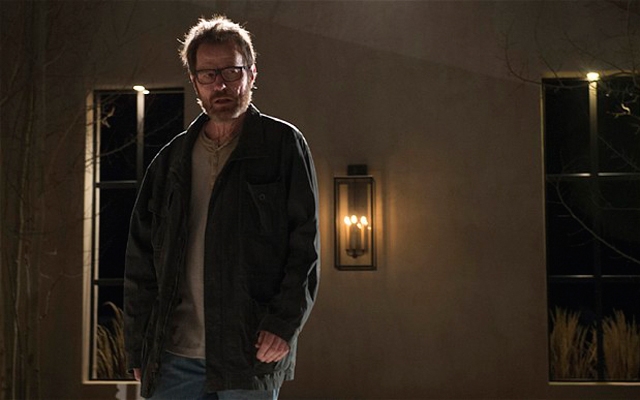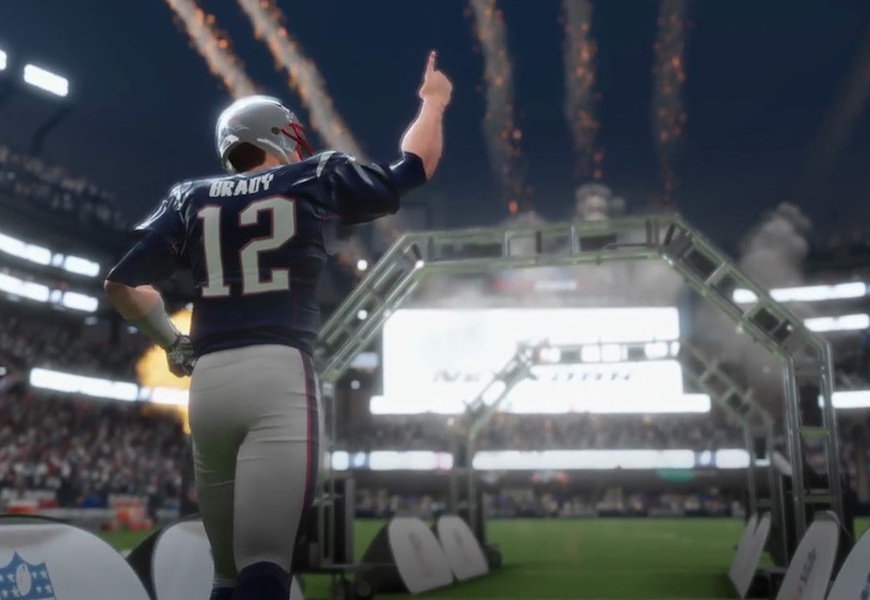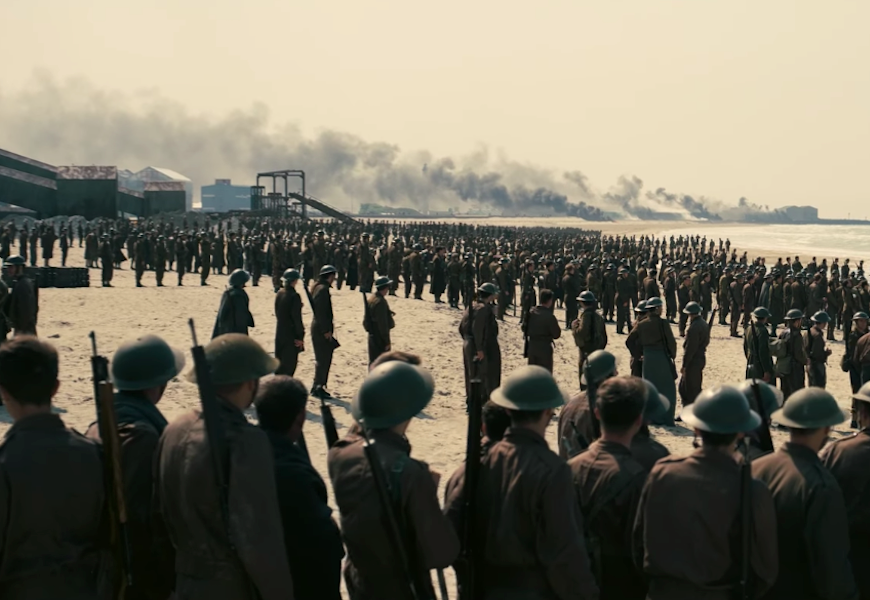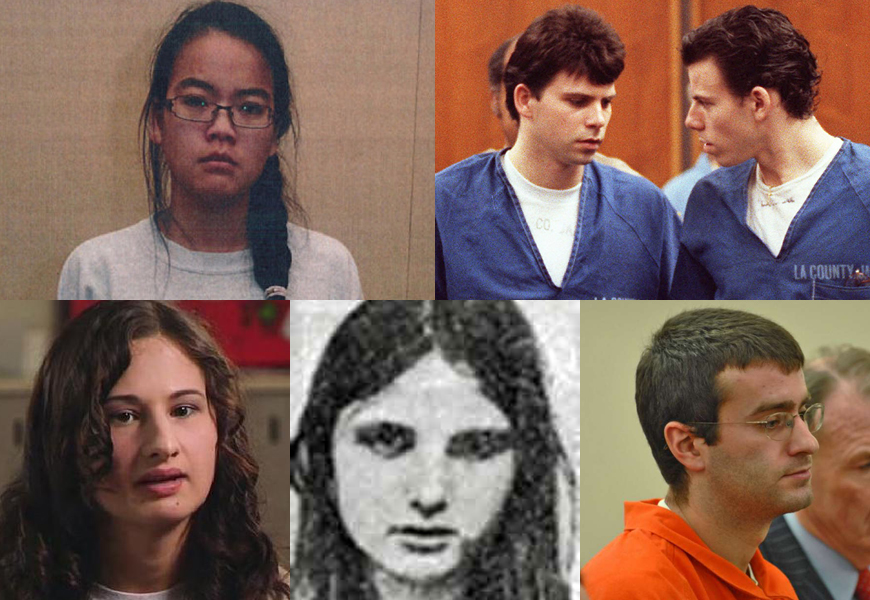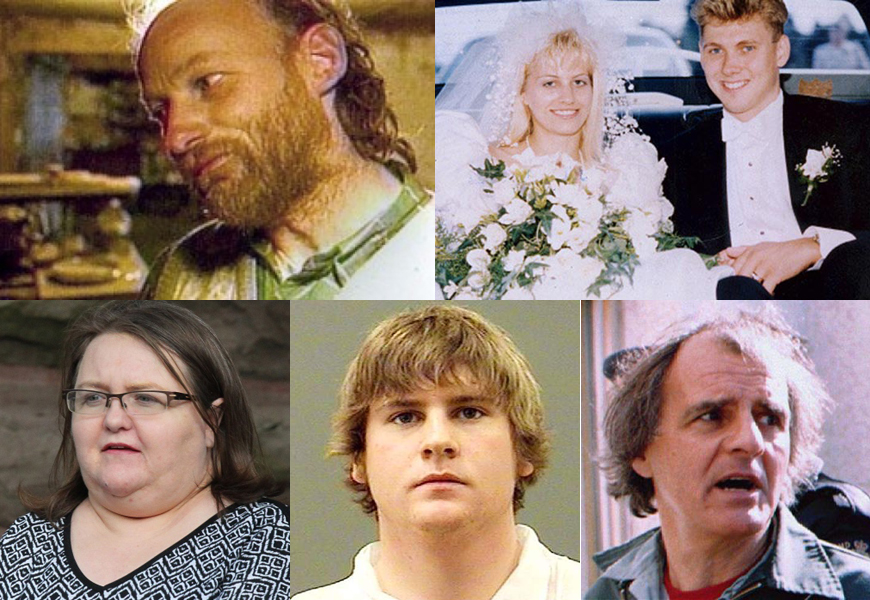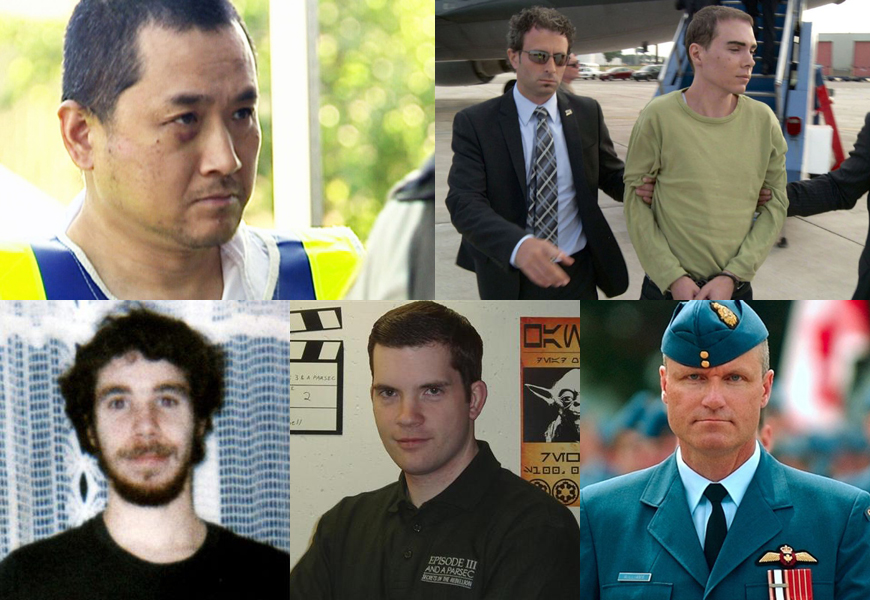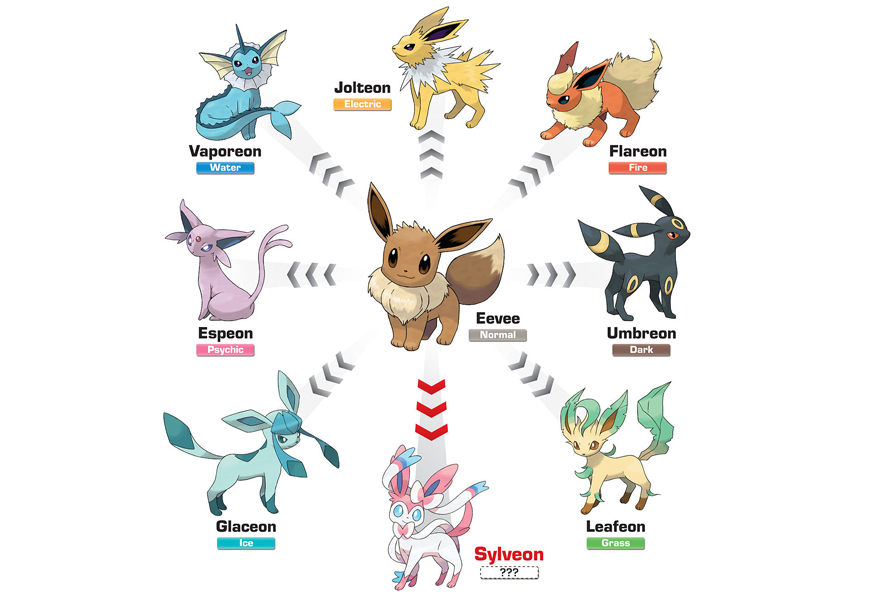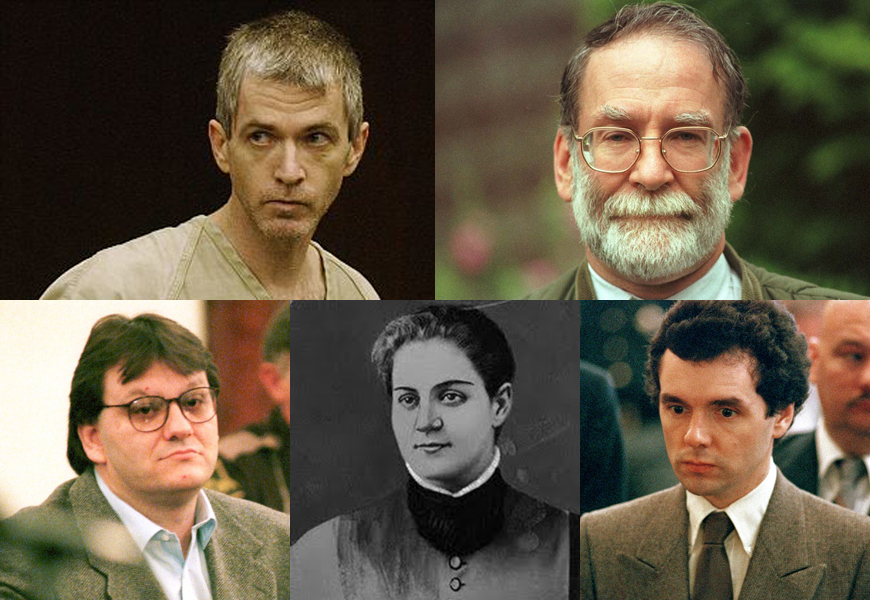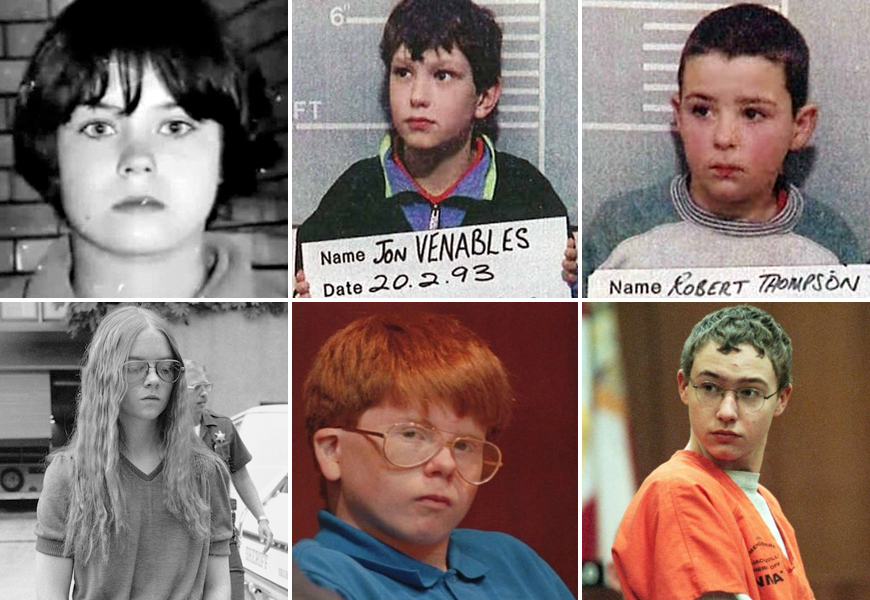“It’s over. And I needed a proper goodbye.”
How do you say goodbye to a good friend? Probably not the same way you say goodbye to a criminal mastermind, a man who built a drug empire because he was dying and just wanted something to leave to his family.
Millions of Walter White devotees are mourning their anti-hero after Breaking Bad’s huge finale Sunday night. The fact that so many people were cheering for a murderer to, if not get away with it, then at least find some redemption before the cancer or a rival or the government took him out speaks volumes to the quality of Walt’s journey.
It took years of pitching to even get Breaking Bad made—creator Vince Gilligan billed it as a character-driven show about a man we’d grow to hate over the course of the series, something few TV executives want to hear. AMC finally saw the brilliance of his vision and gave him a chance to introduce us to Walter White, but even they couldn’t have known how important that decision would become.
It didn’t happen right away, but over the past five years Breaking Bad has wound its way into the pop culture conversation so gradually and so completely that its final half-season became just about the only thing people talked about. In the past few weeks Jimmy Fallon devoted a 13-minute segment of his late night show to spoofing Breaking Bad, Conan O’Brien did a cold-open tribute, Dean Norris (who played Hank Schrader) joined Funny Or Die to make a faux-spoiler video mocking how desperately the show’s fans were to find out how it all ends. Breaking Bad was all anyone wanted to talk about.
Most of expected a bloodbath in the finale, and we weren’t wrong. But there’s no way Walt’s demise happened in a way any of us could have predicted. He got revenge on those who wronged him, while also insulating his family from the dark side of his legacy. We learned who the ricin was for—the moment Lydia started pouring her stevia into her tea for the last time, that looming puzzle piece fell into place. We were given assurance that Uncle Jack’s gang couldn’t pursue Walt’s family. We were relieved Walt found a way to leave his millions to his family without arousing their, or the police’s, suspicions. Jesse evened the score with Todd, then he got away. We even got to check in with Badger and Skinny Pete one last time. But it wasn’t cancer or a rival or the government who ended Walt—he caused his own death, by accident, trying to keep his family safe. Even if he got caught up in himself, Skylar and Walter Jr. and Holly were his priority at the beginning, and they were his priority at the end.
The best part of Breaking Bad’s finale—one of many great moments—was his conversation with Skylar. Finally we got to hear him admit, out loud, that his meth business was about him. “I did it for me. I liked it. I was good at it. And—I was alive.” He started cooking meth to leave something to his family, true, but that’s not why he kept doing it, or why he went to such great lengths to make sure no one would stop him. Hearing him say that was like hearing him say goodbye to us, leaving nothing unsaid.
So where are we now that Heisenberg is gone? We’re not lacking for great TV shows with genuine and divisive characters—just last night saw the return of Homeland, for example. But we are missing that cultural artifact that seems to bring us together, whether we’re diehard fans, detractors or somewhere in the middle. We don’t have someone who demands our attention quite like Walt, but we will. Someone new will become the one who knocks—someone always does—we just need to be paying attention and ready to answer.

